RPG mythology draws heavily from real-world cultures, blending folklore, history, and spiritual beliefs into imaginative game worlds. Examining raja toto88 these influences reveals how diverse traditions shape the tone, aesthetics, and mechanics of role-playing games. Each region contributes unique mythological elements that enrich the genre’s storytelling potential.
Western RPGs are deeply rooted in European medieval mythology. Early titles took inspiration from Norse sagas, Celtic folklore, and the high-fantasy tropes established by J.R.R. Tolkien. Dragons, elves, dwarves, and magical artifacts became foundational motifs. This influence is evident in series such as The Elder Scrolls and Dragon Age, where knights, ancient ruins, and arcane magic dominate worldbuilding. The emphasis on moral choice and heroic quests also mirrors Western literary traditions of personal destiny and ethical dilemmas.
Japanese RPGs offer a markedly different approach, often drawing from Shinto, Buddhist, and feudal historical elements. Spirits, yokai, ancestral power, and cyclical cosmic themes frequently appear in JRPGs. Games like Final Fantasy, Tales of Berseria, and Shin Megami Tensei explore concepts such as harmony between worlds, reincarnation, and the tension between humanity and divine beings. The visual design—ranging from ornate armor to supernatural creatures—reflects a uniquely Japanese interpretation of mythological storytelling.
Korean RPGs, both online and single-player, incorporate folklore featuring legendary heroes, gumiho, dokkaebi, and martial arts traditions. The thematic focus often revolves around spiritual balance, guardian deities, and internal cultivation of power. Titles like Lineage and Lost Ark infuse their narratives with high-drama mythological arcs inspired by historical Korean epics.
Chinese RPGs draw heavily from Wuxia, Xianxia, and traditional mythological texts such as Journey to the West. These games often revolve around cultivation, immortality, martial prowess, and heavenly realms. Titles like GuJian and Sword and Fairy highlight poetic storytelling and spiritual transformation, offering a narrative flavor distinct from Western combat-heavy structures.
Other regions are increasingly contributing their own mythologies to the RPG genre. Southeast Asian themes—including ancient kingdoms, nature spirits, and animist traditions—have begun appearing in indie RPGs. African mythology, rich with trickster gods, ancestral spirits, and elemental deities, is also gaining representation.
The diversity of these cultural roots allows RPGs to transcend conventional fantasy settings, offering players fresh worlds inspired by authentic history and folklore. As globalization broadens creative exchange, RPG mythology continues to evolve, reflecting humanity’s collective imagination through countless cultural lenses.
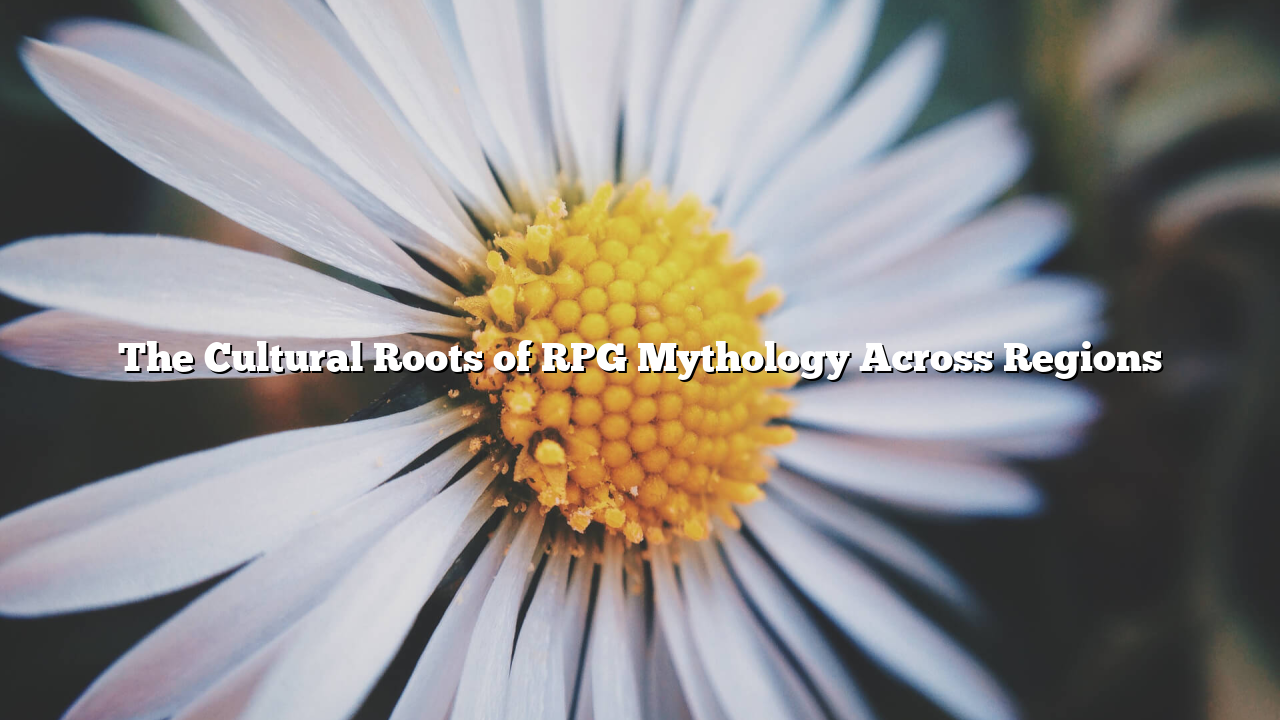
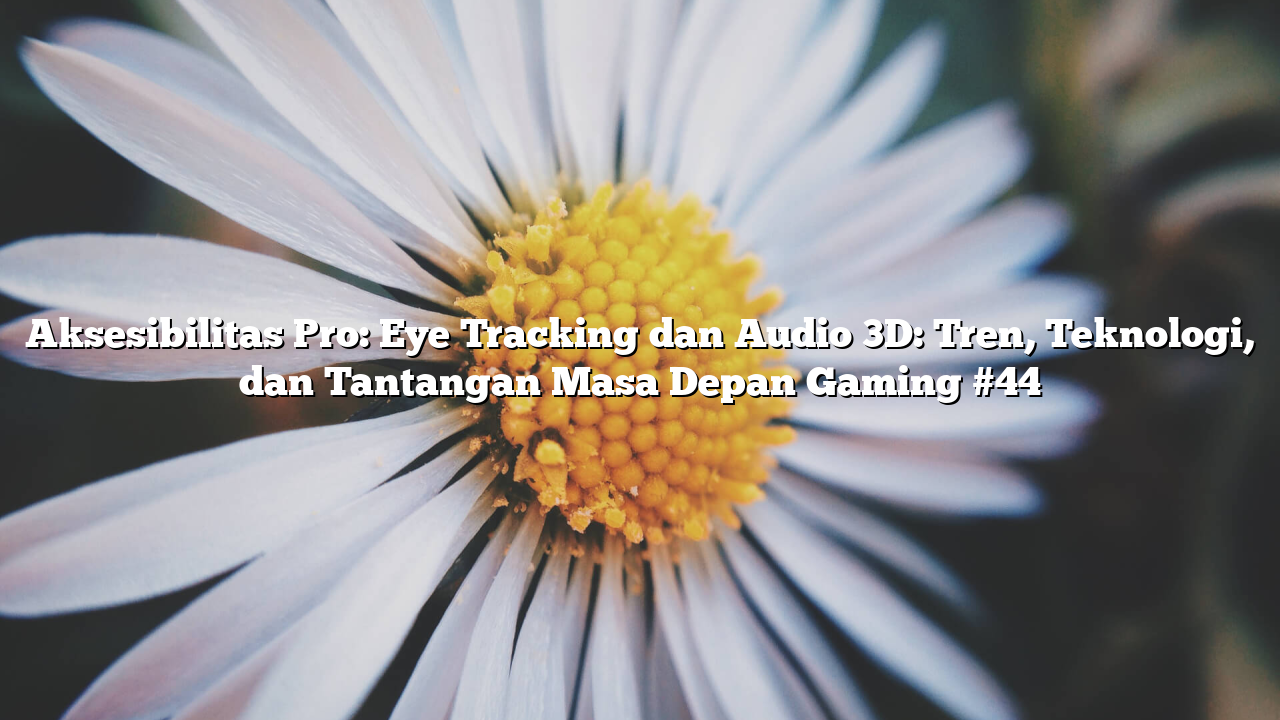
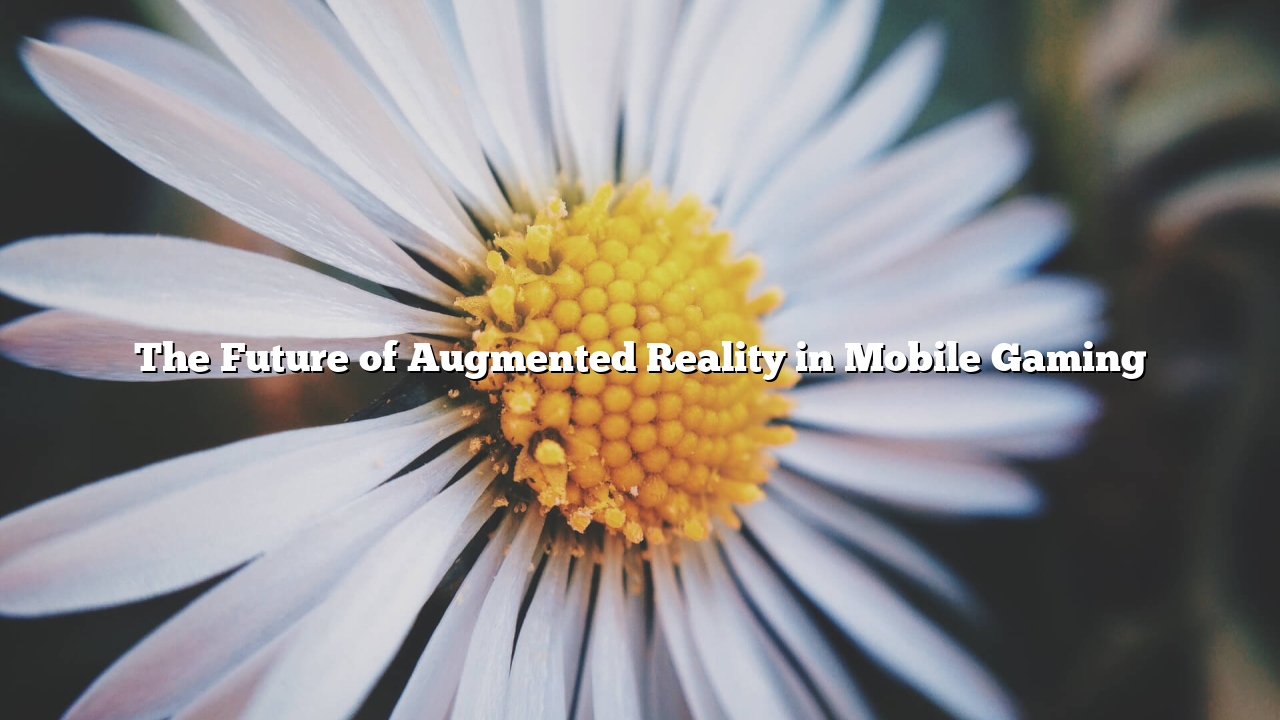
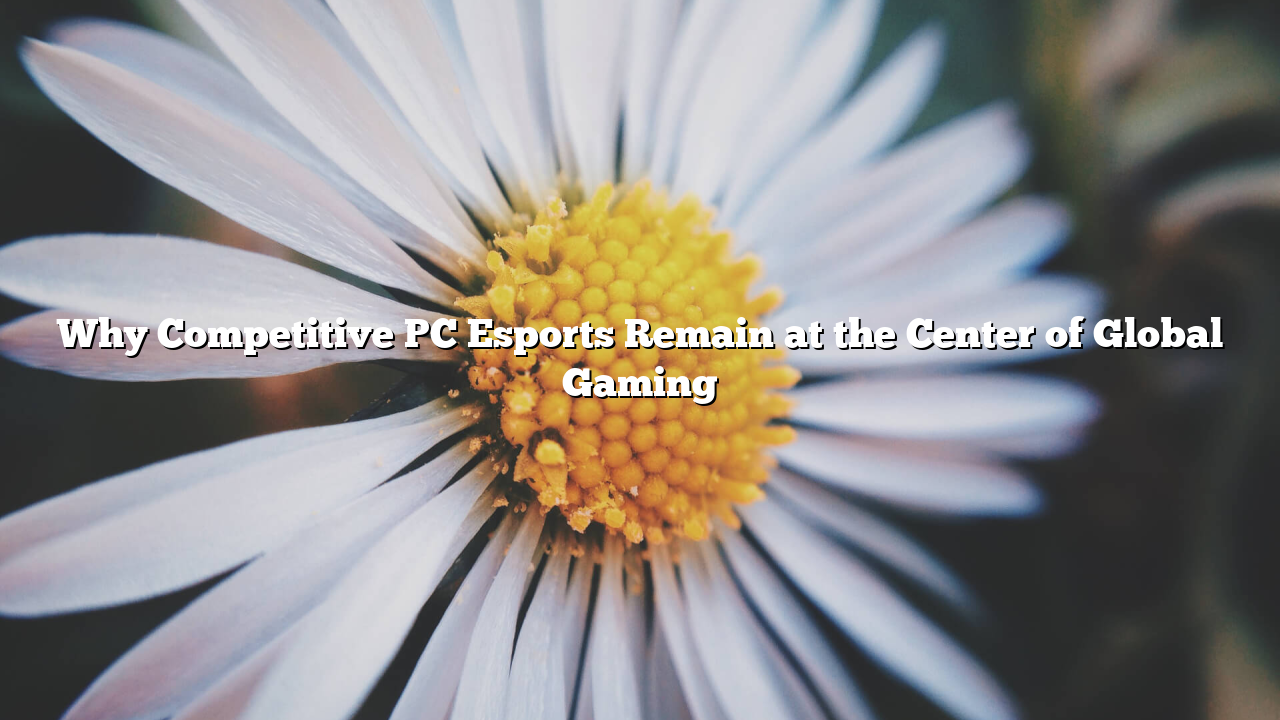
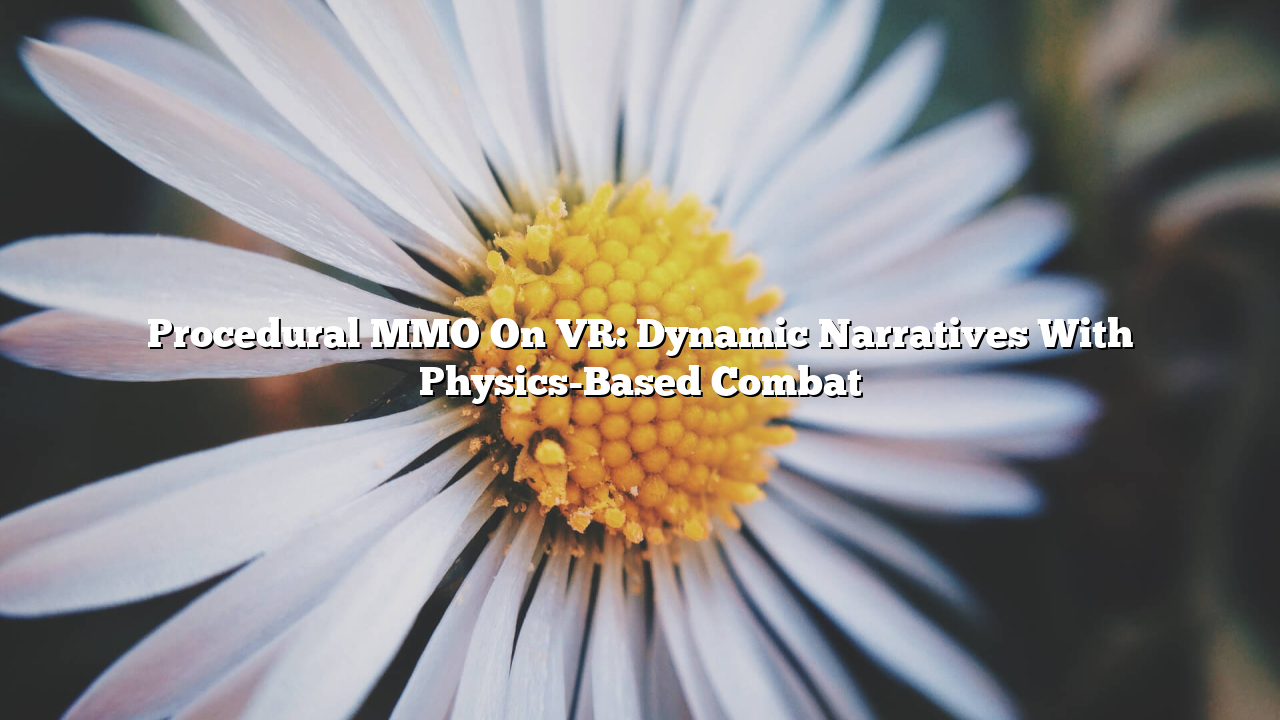



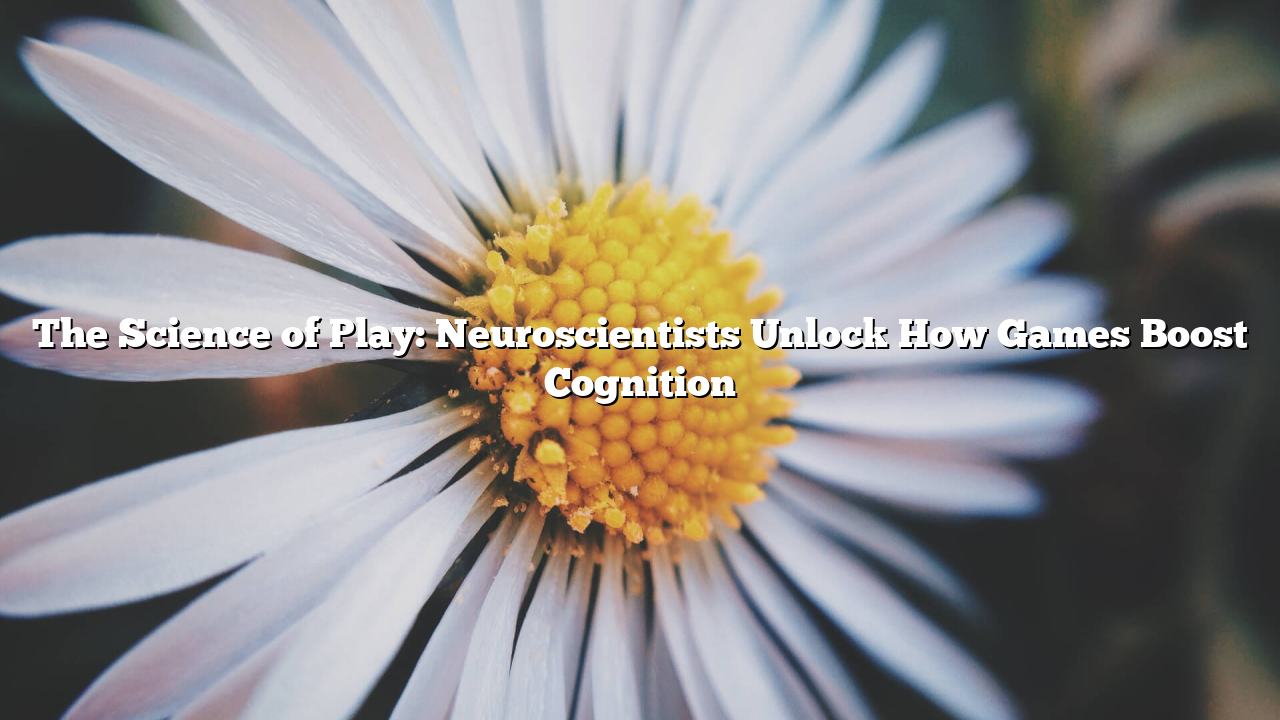
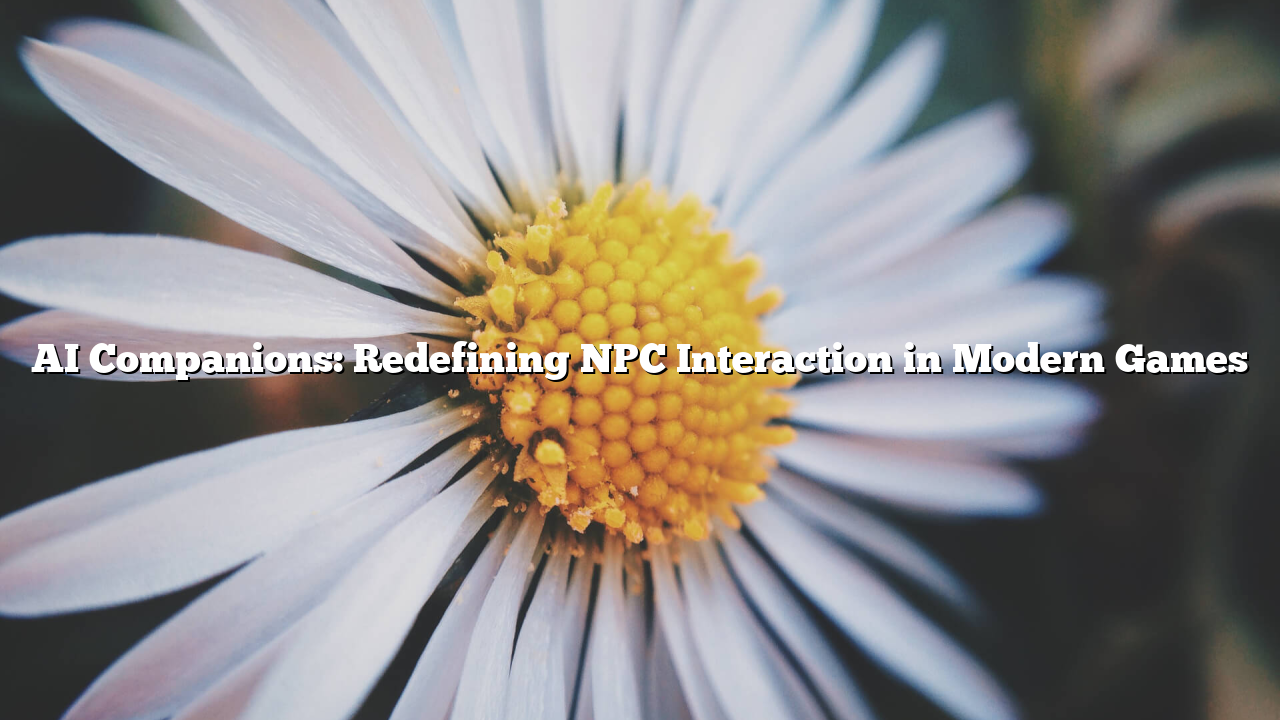

Leave a Reply